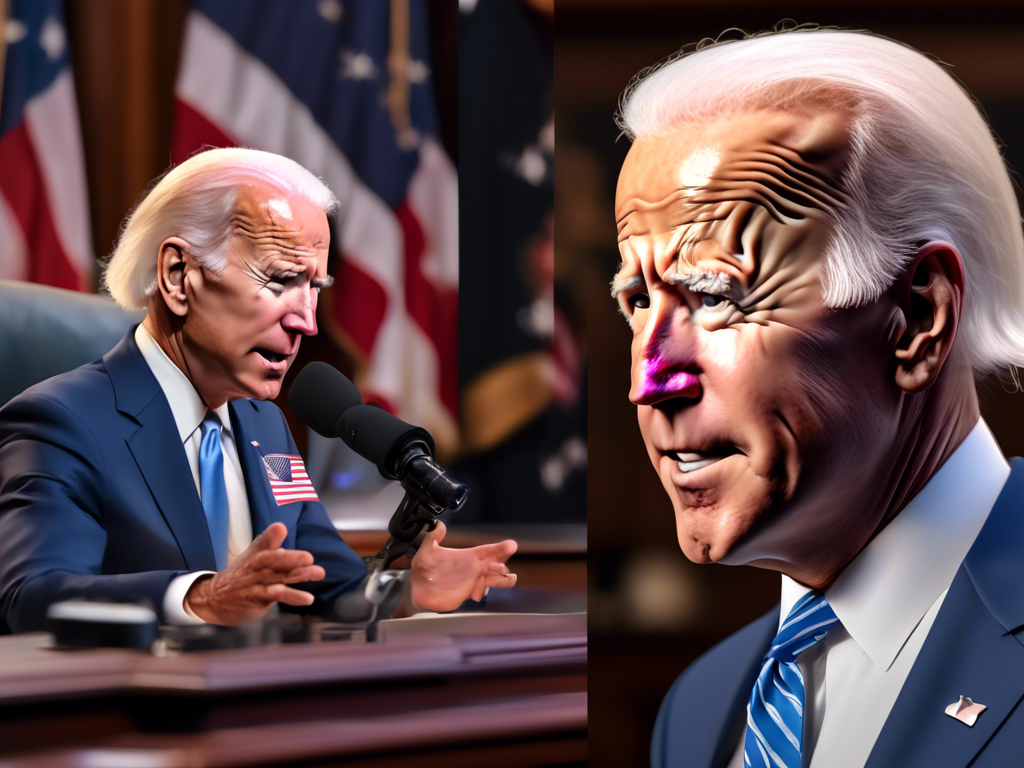Exploring the Landscape of Crypto Legislation in the U.S.
As a crypto enthusiast, it’s crucial to stay informed about the latest developments in legislative efforts surrounding digital assets in the United States. Understanding the evolving perspectives within Congress and the potential challenges posed by the current administration can provide valuable insights into the future of the crypto industry.
Biden’s Stance on Crypto Legislation 🇺🇸
Senator Cynthia Lummis recently shed light on the potential obstacles that President Joe Biden could pose to key crypto-related legislation. The passage of H.J.Res. 109, which aimed to undo a restrictive SEC rule hindering crypto custody services, faced a looming threat of veto from the President.
- Lummis highlighted the bipartisan support behind the resolution but cautioned that Biden’s previous statements indicated a willingness to veto such measures.
- The push for regulatory clarity and support for digital assets within the Biden administration remains uncertain, given conflicting signals.
Democrats and Their Stance on Crypto
Despite bipartisan efforts to advance crypto-friendly legislation, certain factions within the Democratic party continue to express reservations about embracing digital assets. Bills like the FIT21 Act and the CBDC Anti-Surveillance State Act have faced opposition from progressive Democrats.
- Lummis emphasized the ideological divide within the Democratic party, particularly regarding assets outside government control.
- Historically, Democrats have shown reluctance towards decentralized currencies, citing concerns about government oversight and control.
This pushback highlights the need for greater education and advocacy within the crypto community to address misconceptions and build consensus among lawmakers.
Industry Engagement and Political Advocacy 🤝
Looking ahead, proactive engagement with elected officials and policymakers can play a pivotal role in shaping the regulatory landscape for digital assets. Lummis encouraged industry stakeholders to actively reach out to their representatives and promote a deeper understanding of the benefits of cryptocurrencies.
- Building constructive relationships with policymakers is essential for fostering a favorable regulatory environment for the crypto industry.
- Educating key decision-makers about the innovative potential of blockchain technology and digital currencies can help bridge the gap between industry needs and regulatory concerns.
By seizing the political opportunity in the upcoming years, the crypto community can influence lasting frameworks that support the growth and adoption of digital assets.
Hot Take: Navigating the Political Terrain for Crypto
As you navigate the intricate landscape of crypto legislation in the U.S., it’s essential to recognize the nuances and challenges inherent in balancing innovation with regulatory oversight. Stay engaged, advocate for the industry, and drive meaningful conversations with policymakers to shape a supportive environment for digital assets.





 By
By
 By
By
 By
By

 By
By
 By
By